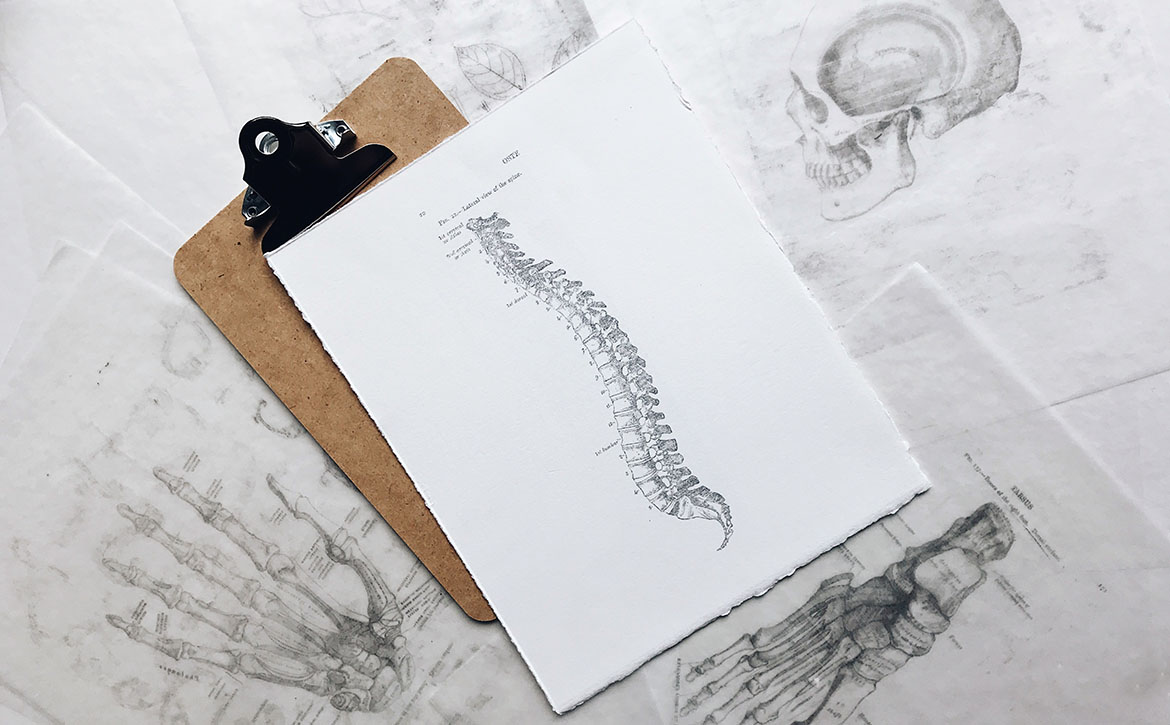The NSW Civil and Administrative Tribunal has found a disability support service discriminated against a job candidate based on her disability. The employer, LiveBetter Services Limited (LiveBetter) was ordered to pay the jobseeker $10,000 in damages and three months’ wages as compensation.
The recruitment process for the disability support worker (DSW) position required the candidate to undergo a functional assessment with an exercise physiologist which found that she had:
- a stent inserted after a previous heart attack;
- neck and lumbar pain;
- shoulder bursitis; and
- tendonitis and a hernia in the right groin area.
The physiologist concluded that these medical conditions were well managed and the candidate could perform the role without adjustments. However, LiveBetter chose not to employ the candidate because she was a “significant risk to herself, fellow employees and clients” despite passing her physical assessment.
In this case, the candidate was able to prove her current capabilities and that she had successfully performed disability support work for similar organisations. This convinced the Tribunal that she was in good health and capable of performing the required manual labour without risk.
LiveBetter argued that the candidate would have been unable to carry out the inherent requirements of the DSW position, or that she would only be able to do so if it provided additional services or facilities for her, which would impose an unjustifiable hardship. If the employer could make out these arguments, it would have a defence against the claims of unlawful discrimination.
The doctor who gave evidence on behalf of the employer concluded the candidate could not carry out the required duties, such as toileting, showering and dressing clients. However, his report was based on incorrect physical requirements which overstated the actual demands in the position description. Also, the employer’s doctor had only “physically” examined the candidate via Zoom, so the Tribunal preferred the evidence of the exercise physiologist, who had carried out a detailed in-person physical assessment.
The employer’s HR manager said in evidence that the services or facilities to support the candidate would have amounted to the creation of a “highly modified and unfunded supernumerary role” that excluded the essential functions of the DSW role.
The Tribunal rejected this argument and found that LiveBetter had not supplied any meaningful evidence of the services and facilities required or a proper assessment of their costs and impact on operations.
This case is a reminder that workplace laws prohibit disability discrimination against prospective as well as current employees. Discrimination in this context will not be unlawful if, because of their disability, the person is unable to perform the inherent requirements of the job, or would require services or facilities which would impose an unjustifiable hardship on the employer. Decisions about these factors, including which duties would properly be determined to be “inherent” to the role, need to be carefully assessed when employers review applications by candidates with a disability. Decisions need to be based on sound medical evidence. As the Tribunal confirmed in this case, the focus may not be on equal treatment but “on recognising that there may be a need to do something different so that the person with the disability can be treated the same as everybody else.”
Lonie v Live Better Services Limited (No 2) [2023] NSWCATAD 98 (1 May 2023)
Lonie v LiveBetter Services Limited [2023] NSWCATAD 60 (17 March 2023)






































































